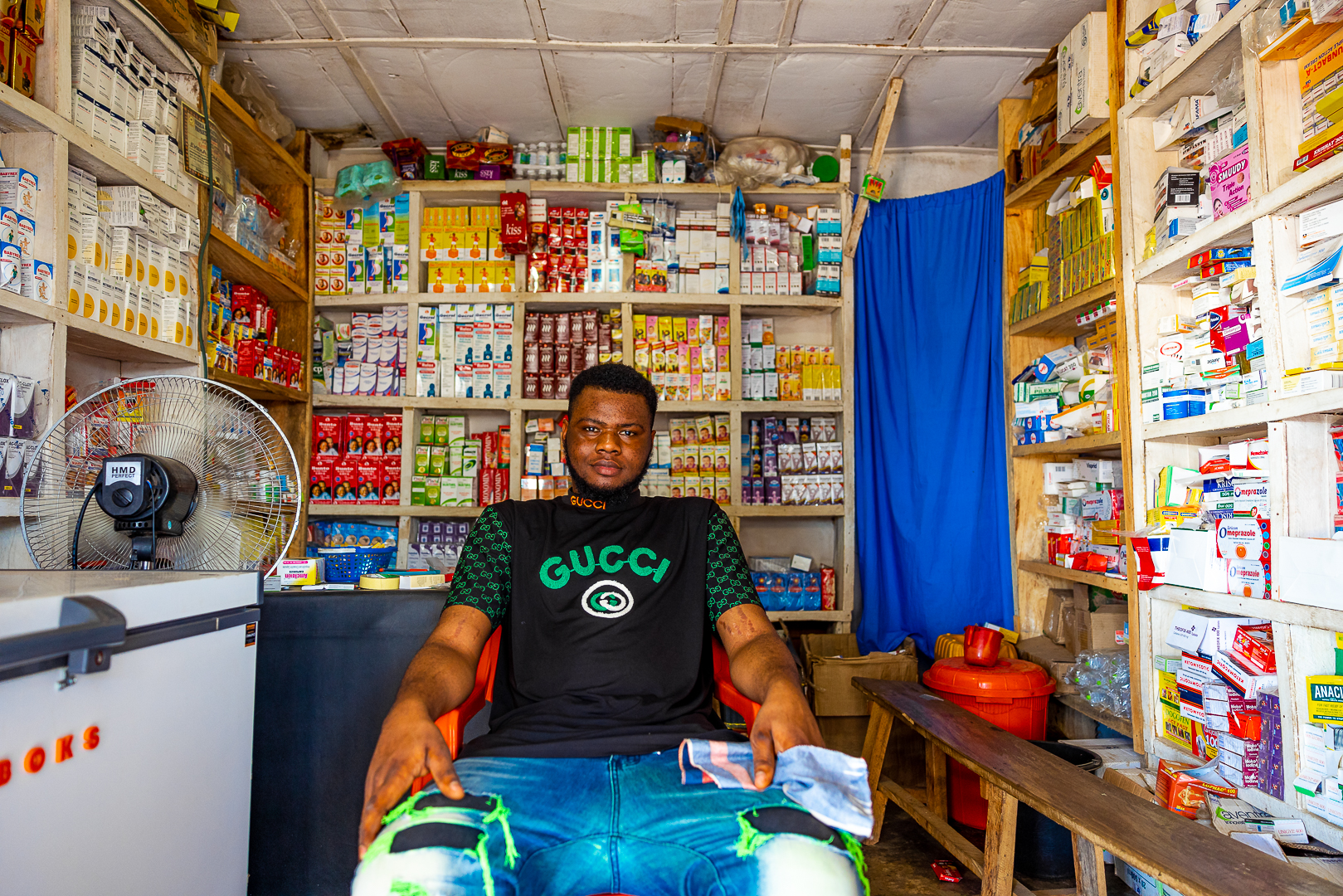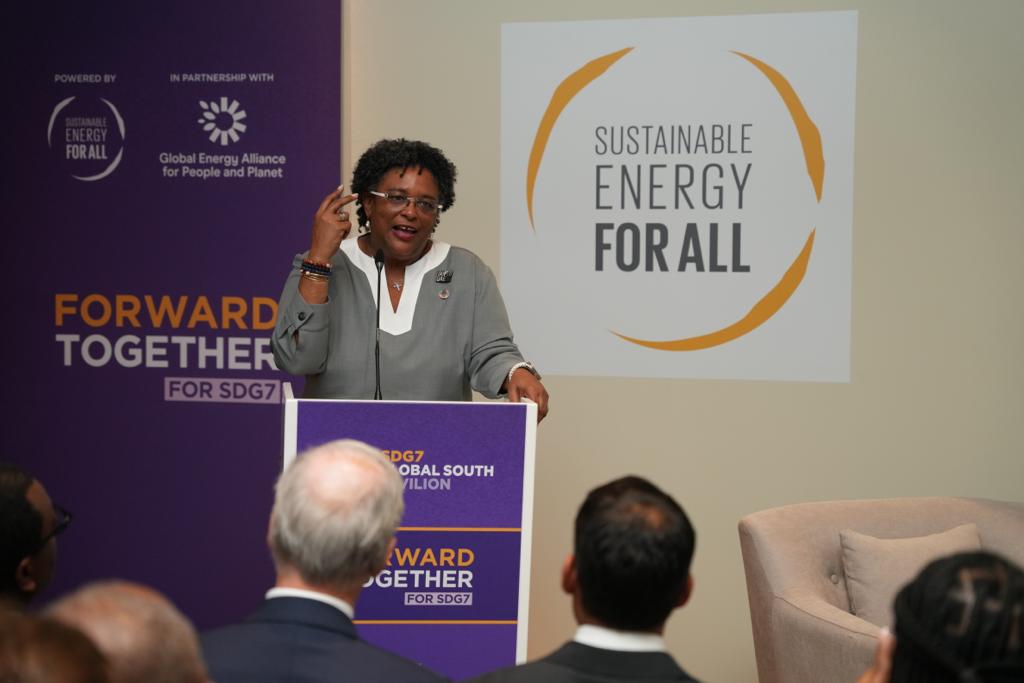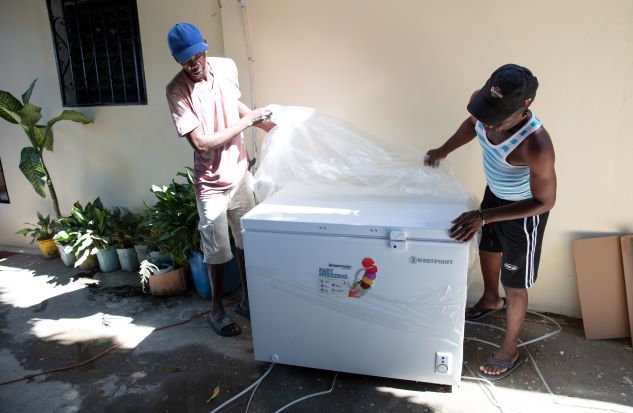
Energizing Agriculture Through Productive Uses of Energy
With the world’s largest unelectrified population, Nigeria has a huge need for new electric generation capacity. In the rural areas that have the greatest electrification needs, mini-grids are often the lowest-cost solution. However, continued expansion of mini-grids depends on overcoming a key rural development trap.
Without significant demand for electricity, mini-grids are unprofitable and financially unsustainable. Without a reliable supply of electricity, it is hard to justify investing in the kind of industry that consumes large amounts of power. Thus, agricultural communities with the greatest need for electrification are caught in a vicious cycle, where power cannot be developed for lack of demand, and demand cannot be developed for lack of power.
The Energizing Agriculture Project (EAP) by RMI and the Nigerian Rural Electrification Agency (REA) is demonstrating a solution.
Within the EAP, an Agriculture-Energy Innovation Accelerator is helping to pilot agriculture-energy solutions at mini-grids throughout the country.
The Innovation Accelerator helps teams of private sector actors develop, demonstrate, and prove the commercial viability of equipment and business models that stimulate demand for electricity and drive productivity. This program aims to spur a virtuous cycle where new agricultural industries improve the economics of local mini-grids and the incomes of local residents, catalyzing more investment in mini-grids and machinery and accelerating local economies.

Niger and Kaduna states, Nigeria: Hundreds of Nigerian farmers are now getting regular check-ups from One Acre Fund and Babban Gona field officers riding MAX electric motorcycles. These solar minigrid-charged EVs are cutting fuel costs by up to 75% compared to old petrol bikes.
EAP is piloting several types of projects. For example, Nigeria loses an estimated 40% of annual food production in part due to poor storage practices. The introduction of cold storage, via electric refrigerators and freezers, will dramatically extend the life of perishables, reducing waste and enabling producers to sell their agricultural goods and seafood for better prices. EAP is working with cold storage providers and mini-grid connected communities to identify cold storage needs, design scalable business models, and source equipment.
A second group of pilot projects is targeted to help the 80% of Nigerian rice farmers who are smallholders. Rice needs to be processed, and these farmers depend on local processors who typically use expensive and polluting diesel-powered mills. Microfinance institutions are generally unfamiliar with the value proposition of upgrading to electric mills, making these investments difficult to finance.

EAP 2030 targets

Jobs created and improved 4 million livelihoods impacted

tCO2 carbon avoided
EAP is helping commercial rice mill manufacturers, processors, distributors, and women’s groups to test improved technologies. These projects will help reduce waste in Nigeria’s $3 billion per year rice industry, empower local women and farmers, and improve the economics of mini-grids.
EAP is also working with oil palm processing companies to electrify and improve the processing of crude palm oil. Smallholder farmers produce up to 80% of Nigeria’s palm oil, but poor traditional processing techniques result in low oil yield and quality. These pilot projects will explore the standardization of processing equipment and test offtake-driven financial models for processing businesses. With Nigeria already ranked the fifth largest palm oil producer in the world, this added efficiency could produce enormous economic value in rural communities.
In already-existing agricultural processing centers, fossil-fuel engines are used to process cassava, maize, sorghum, cowpea, soybeans, and other crops into flours and meals. These engines are typically expensive to fuel and maintain, as well as loud, polluting, and unreliable. Electric motor retrofits offer a promising alternative, however these are costly investments that are poorly understood by processors and providers of capital. EAP is developing pilot projects to establish the efficacy of these investments, spread awareness, and make them easier to finance.
Finally, EAP is also experimenting with electric transportation (e-motos) to replace gasoline-powered vehicles used for agricultural services such as seed and fertilizer delivery. The economic viability of mini-grid charged electric vehicles in Nigerian agriculture is unproven, and EAP intends to establish whether these investments are worth making.
Through these productive use of energy (PUE) interventions, EAP anticipates boosting rural economies and establishing new market-led solutions. Successful pilot projects will lead to replication across approximately 10,000 Nigerian mini-grid sites by 2030.
An Agriculture-Energy Innovation Accelerator will also help the project align closely with the needs of local businesses, facilitating greater trust and a faster pathway to scale. These investments will jump start rural development on both the supply and demand side of agricultural markets.
Expected Results
If implemented at scale, these PUE activities in Nigeria are expected to reduce greenhouse gas emissions by 1.4 million tons of CO2 by 2030 and 7.4 million tons over the full life cycles of the supported electric machinery.
The program could lead to the creation or improvement of over 150,000 jobs and positively impact the livelihoods of nearly four million Nigerians. If successful, EAP will help prove a new scalable model for rural development.

Revolutionizing the way rural communities use electricity in agriculture
Learn more about how the Energizing Agriculture Programme combines mini-grid electricity supply with end-user supports to improve rural livelihoods and lower the cost of power.









